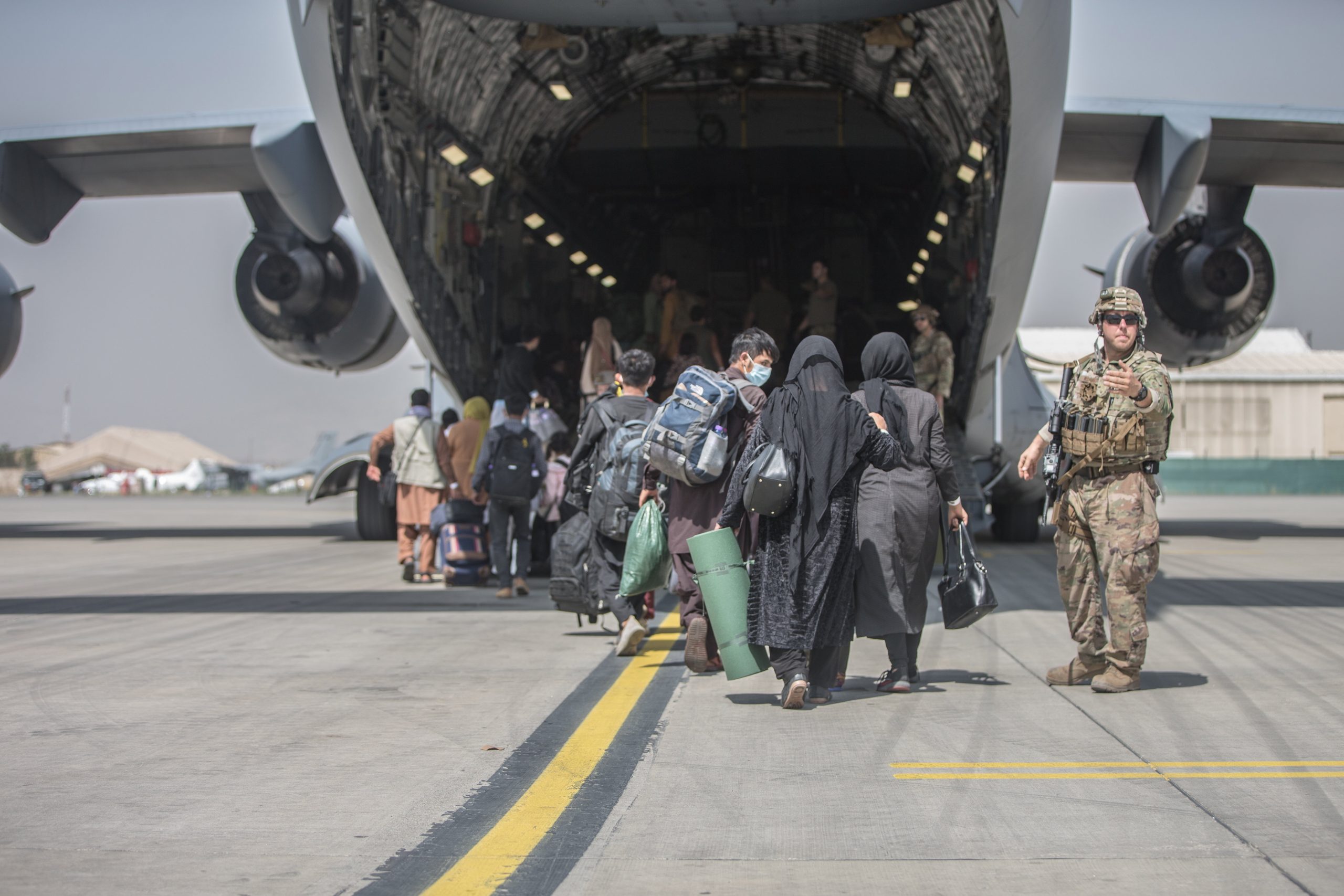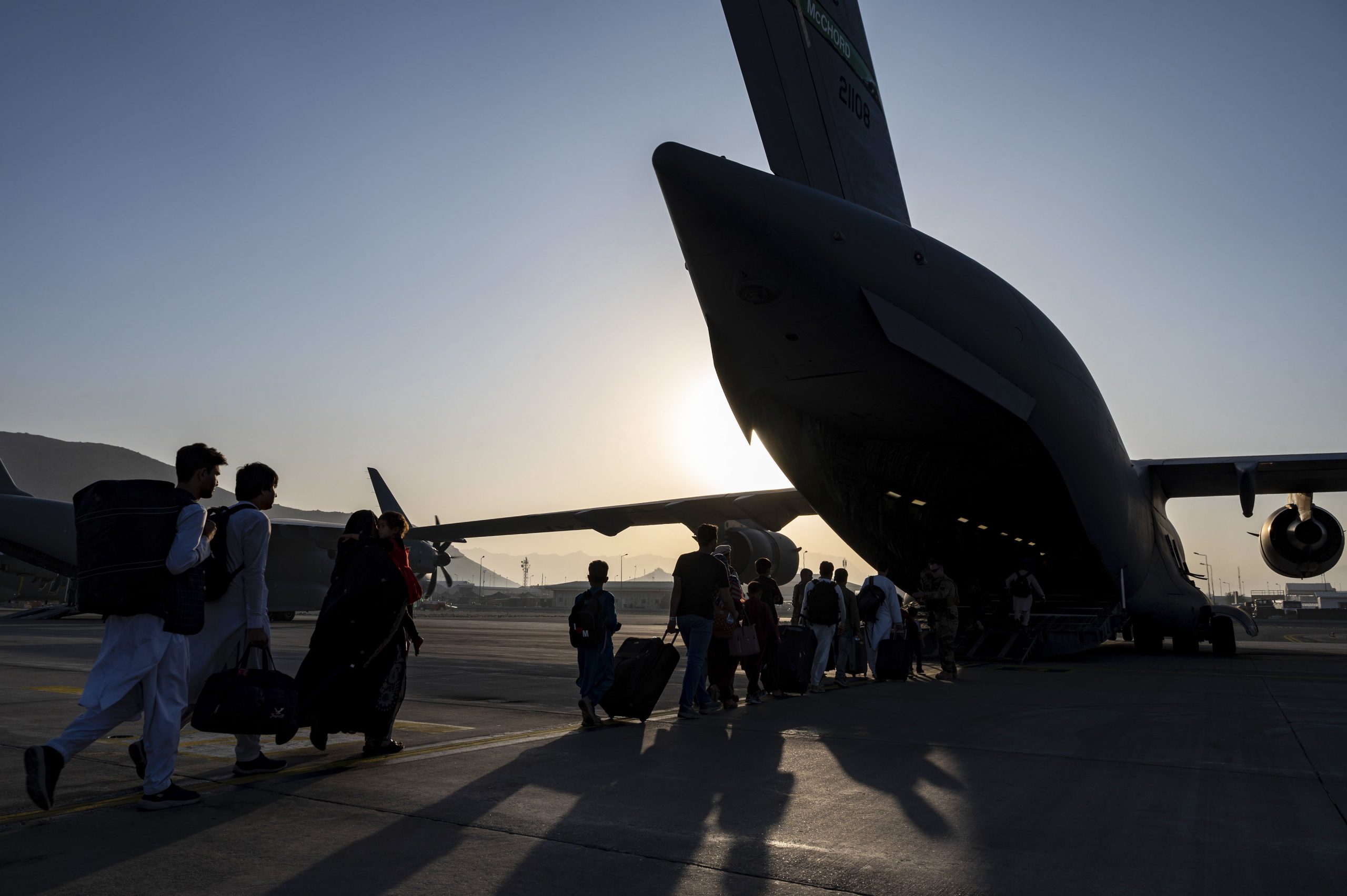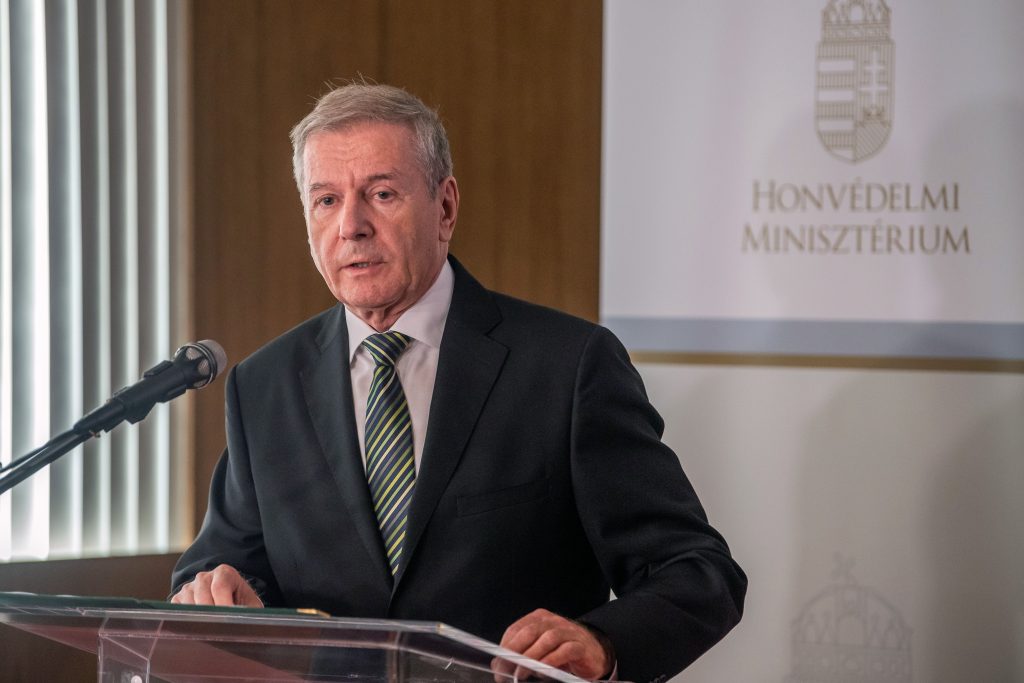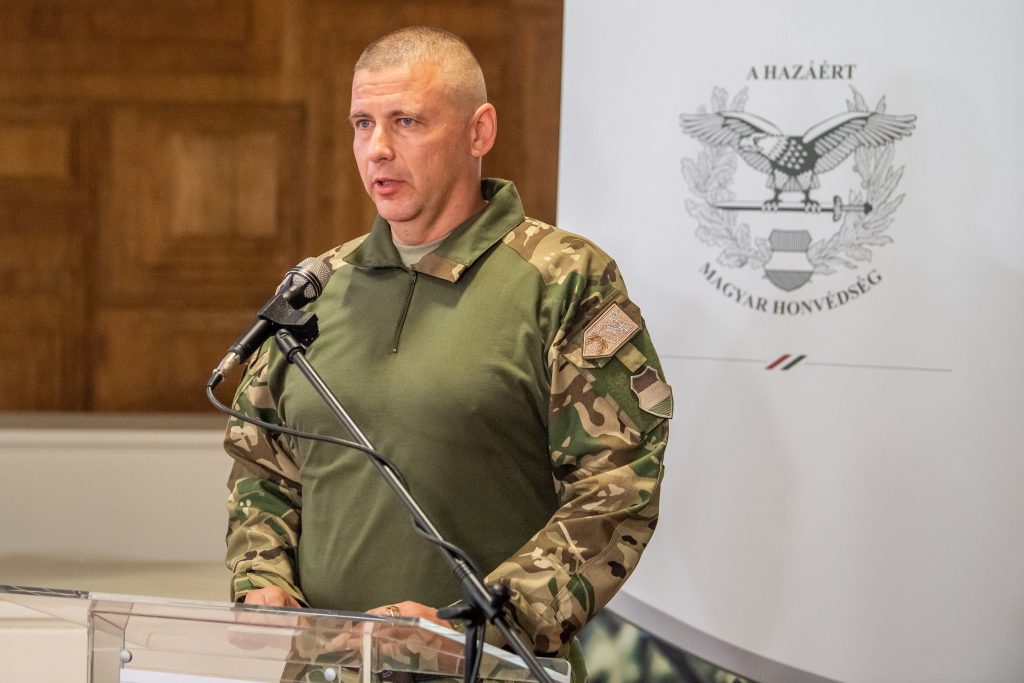
Among the 240 refugees are 114 adults, including a woman in a wheelchair and a man who has suffered a gunshot wound, and 126 children.Continue reading

The two Hungarian military transport aircraft which took part in the evacuation of Afghanistan returned from Kabul airport Wednesday evening. The Hungarian rescue mission has come to an end. The government does not plan on taking part in any further sharing or distribution of refugees. The Hungarian Armed Forces has evacuated altogether 540 people from Afghanistan, including all Hungarian citizens known to be in the country. Hungarian Defense Minister Tibor Benkő and Chief of Staff Romulusz Ruszin-Szendi held a press conference Thursday morning to publicly conclude the mission.
The two Airbus A319s left Hungary on August 19 to Bukhara, Uzbekistan, from where they would participate in aiding NATO allies in evacuating Afghanistan, a mission which has saved more than 82 thousand people from the Taliban.
Honvédelem.hu reported that the transports landed in Kecskemét, at the MG 59. Dezső Szentgyörgyi Airforce Base, from where the Hungarian forces who were sent to execute the operation returned home.
The first Hungarian plane which returned to Budapest’s Liszt Ferenc Airport Sunday evening was a Wizz Air flight which brought 170-173 passengers, among them 96 Afghan refugees. On Wednesday 240 Afghan refugees, among them 126 children, were taken from Ferihegy to the border transit zone of Röszke.
On Wednesday, Foreign Minister Péter Szijjártó informed reporters that Hungarian forces were able to evacuate more than 500 individuals, a significant portion of them at the request of the United States and Russia. Among those evacuated are also Hungarian-Afghan dual citizens, and a significant portion of them are locals who aided the Hungarian mission in Afghanistan.
Szijjártó emphasized that Hungary does not plan to take part in any kind of distribution or sharing of refugees.
Defense Minister Tibor Benkő and Chief of Staff Romulusz Ruszin-Szendi held a press conference Thursday morning regarding the completion of the Hungarian mission.

Defence Minister Tibor Benkő. Photo by Zoltán Balogh/MTI
Benkő summarized Hungary’s full 18-year mission in Afghanistan, the goal of which was to rebuild and strengthen the livelihood of the areas in which they were deployed. When US President Joe Biden announced the withdrawal of American forces, thousands of people wanted to leave the country along with them.
The Hungarian Armed Forces has evacuated altogether 540 people from Afghanistan, including all Hungarian citizens known to be in the country, the Defence Minister said.
Besides Hungarian citizens, the Hungarian forces have also transported US, Austrian and Afghan citizens in the seven-day operation.
All Hungarians requesting assistance were brought back to Hungary, as were all Afghan citizens who had cooperated with the Hungarian armed forces over its 18-year deployment and requested evacuation “on time”, Benkő said.
Benkő stated that ultimately, Hungarian planes made 14 trips were made between Uzbekistan and Afghanistan, and that 57 Afghan families, among them 180 children, were evacuated.
Benkő concluded that this shows the capabilities of Hungarian forces, which are capable of being sent into any situation.
The Minister explained that the chaos and anarchy that followed lead to the Hungarian government deciding to provide aid in the evacuation, and ensuring that no Hungarian would remain stranded.
Chief of Staff Romulusz Ruszin-Szendi said Hungary wrote history with this operation, having prepared to send its contingent within 20 hours of instruction. upon landing in Kabul, planes usually had around 30 minutes to take on passengers, and so they needed to do so rapidly.

Romulusz Ruszin-Szendi. Photo by Zoltán Balogh/MTI
Due to the urgency of the situation, Ruszin-Szendi explained that Hungarian soldiers were able to find quick and creative solutions to allow as many people as possible onto the airbuses. Relative to the size of its operation, he said, Hungary performed very well.
The two military officials were asked about Szijjártó’s recent statement that American forces made the evacuation process difficult for Hungarians. Benkő confirmed this, explaining that there were reports by Hungarian soldiers that their American allies were seen tearing the papers of certain Afghans trying to evacuate the city.
“American soldiers acted in a way that was unfavorable by Hungarian soldiers,” he said, emphasizing that these were the acts of individuals not official orders from the United States.
Benkő also explained to the reporters present that Hungarian forces did not need to request the Taliban for permission to enter their airspace, adding that the larger operation was orchestrated by the United States. He also noted that there were some Afghans who changed their minds about leaving.
Regarding a question about the mental health of Hungarian forces following the operation, Ruszin-Szendi explained that the contingent sent to facilitate the evacuation was highly experienced, and that they had been in much more dangerous situations. Perhaps the most bothersome element of this operation was that “they could not help as quickly as they wanted to.”
Featured photo illustration by MTI/AP/US Air Force/Taylor Crul